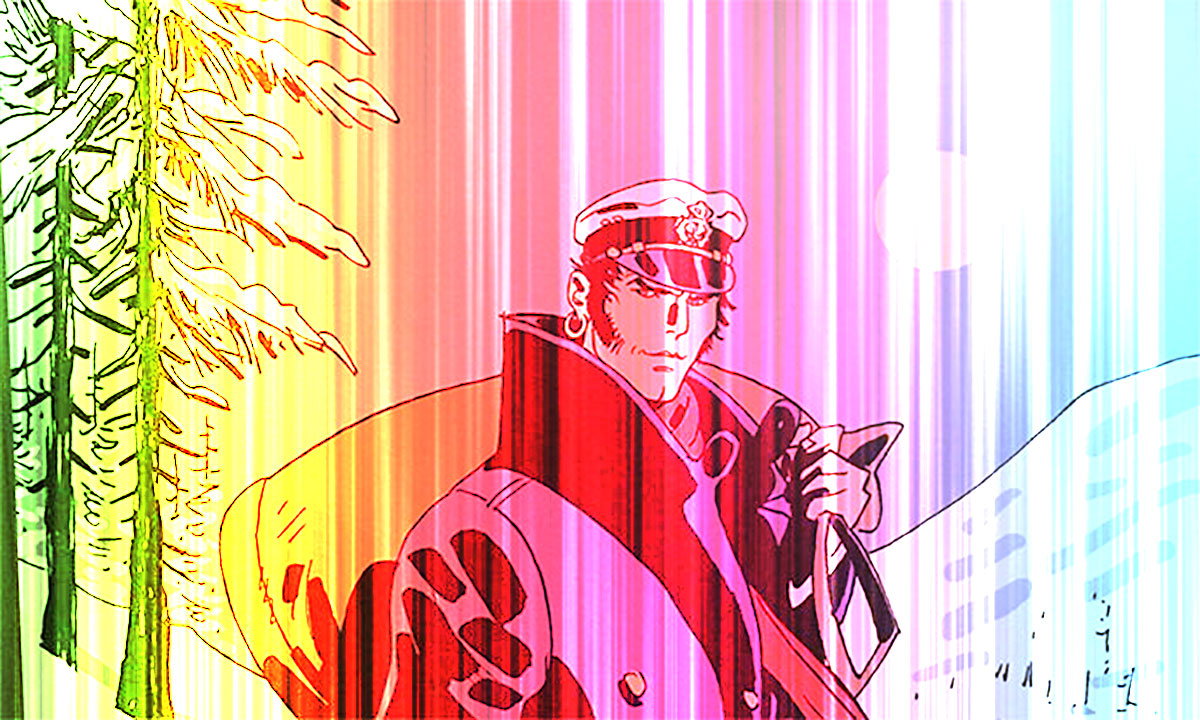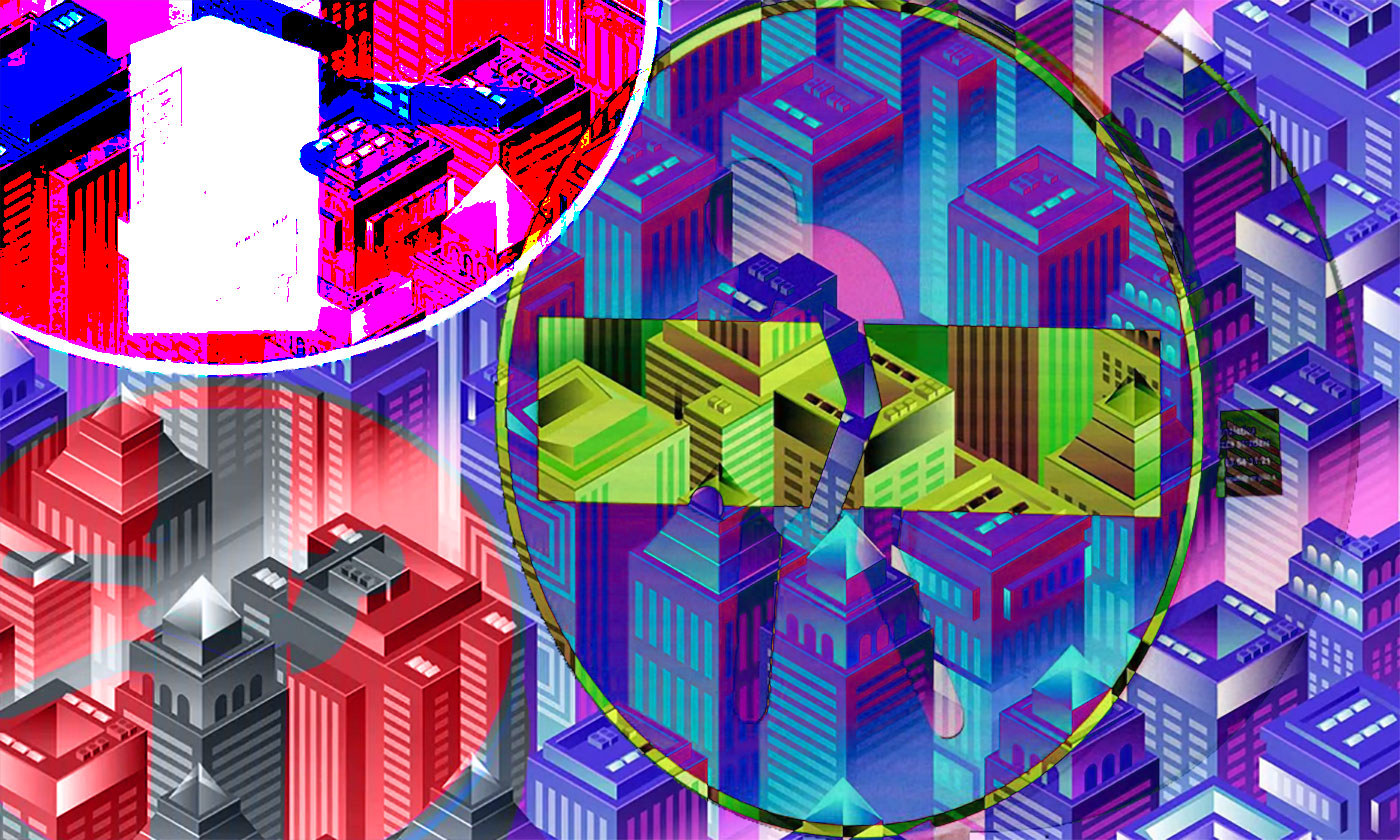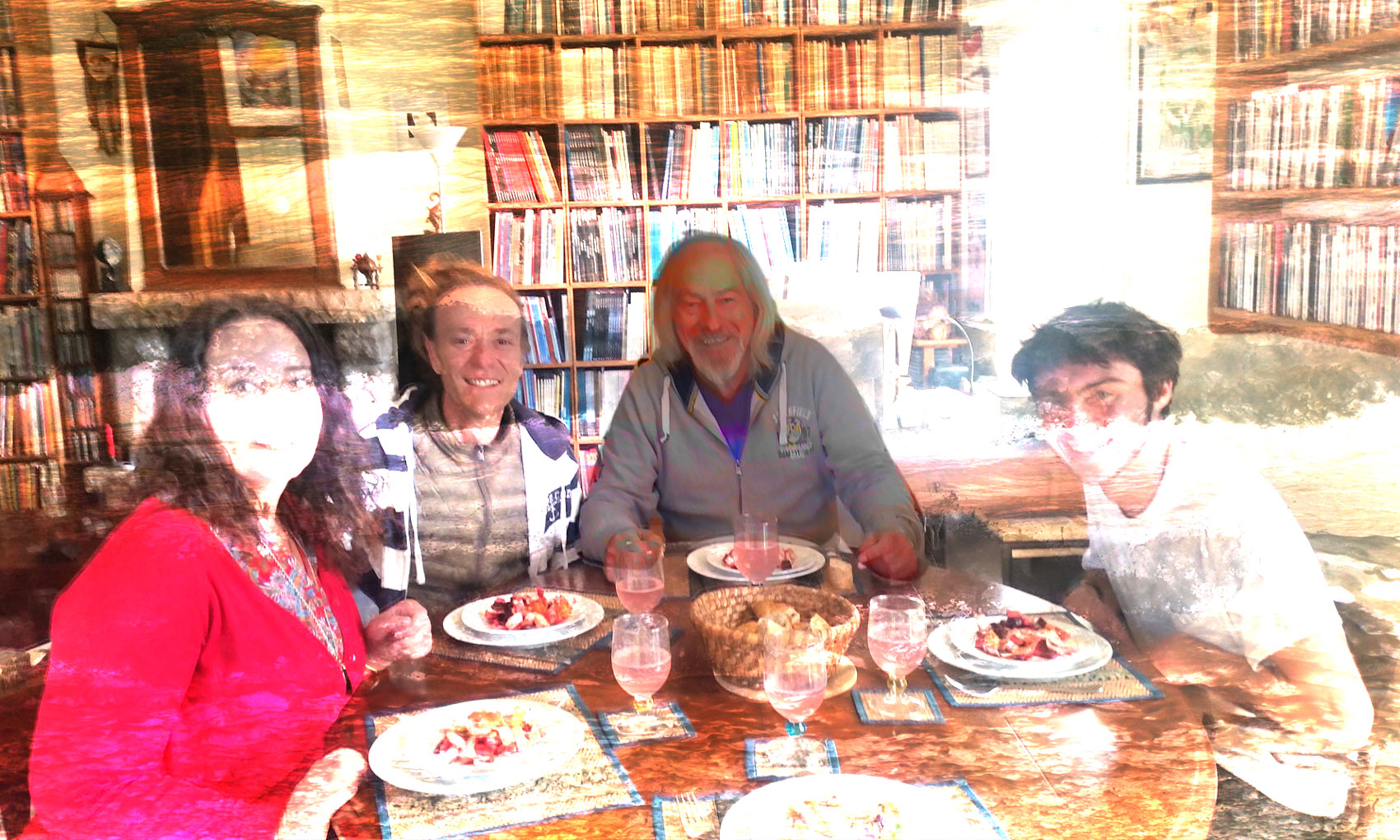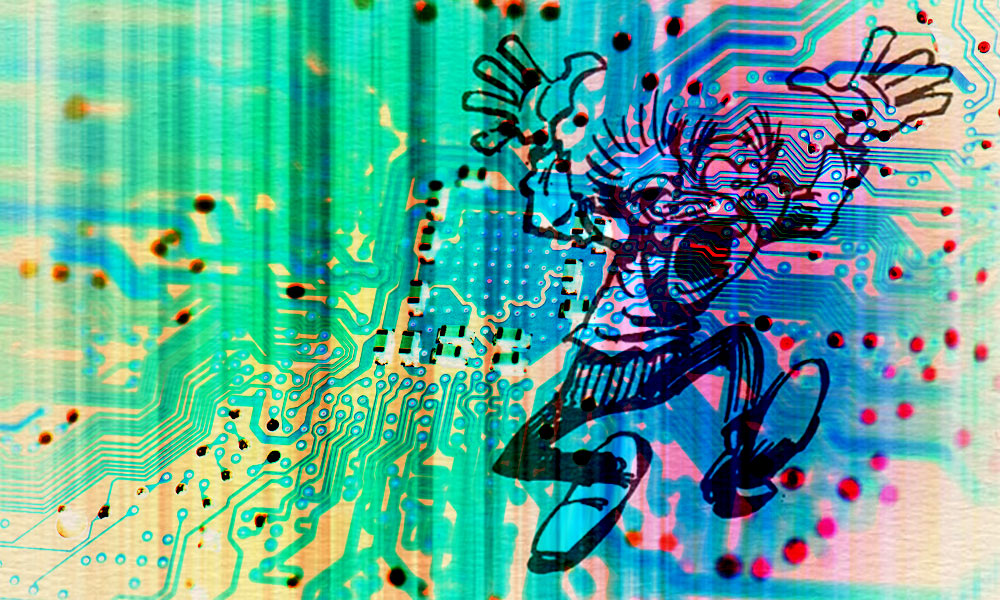
Learning and knowing, what difference? Do not believe this, the difference is considerable, it explains many things in your daily life.“The scientist studies for himself, or for money, or to be seen, heard, applauded. This is external knowledge, this is learning. The wise studies without greed, without aim, without passion. This is internal knowledge, this is knowing.” (source)Sufi text from Samarkhand
Yes there is a big difference. The student seeks to know, the teacher teaches knowledge. Why do you learn? asks the teacher. To win fortune? fame? power? crowd love? Why do you need to beloved? asks the master. You don’t lack that much confidence, do you?
This Sufi text blows an oriental wind that evokes Corto Maltese, the sailor with a pierced ear. Sufism is a wisdom that suits all souls. I believe that the beautiful Corto, son of a gypsy from Gibraltar and a sailor from Cornwall, is an authentic Sufi. A master. He whispers in my ear the continuation of this ancient text.
Studying For Knowledge
“When a wise man acquired knowledge, he becomes a journeyman or a master. If he fulfills the function of master, his only concern is to entrust the knowledge to those who can make a real profit, not those who try to use it to adorn, to impress others or to feel important. Unfortunately, if the inner wise man knows immediately recognize those who desire knowledge for the wrong reasons, it can not mean them directly: it is prevented by the “dominant ego” (nafs-i-ammara)
The dominant ego of the student so actively fulfills its function that the actual knowledge cannot be received. When actual knowledge comes, the dominant ego is deleted. No surprise if the ego is fighting so hard! Because of this, the wise prescribe humility“ (source)Sufi text from Samarkhand
External scientist studies to flatter his ego, interior wise studies for knowledge. All that is about knowledge can be learned, and has often been learned in this very life.
Instead, internal knowledge is innate, without any identifiable source in the present life. Internal knowledge is not mental, it is the knowledge of the body, a profound, spontaneous act, happening beyond the brain, without its help – or without its blocking.

The humour of the living
Internal knowledge don’t give a shit to those sacrosanct categories of understanding so scrupulously described by Immanuel Kant. Some scholars think they’re scientists. And I don’t just speak for old Kant. Some monkeys do the same and win on the fairs the life of their master. Knowing is not worth seeing, because does not see who wants.
Being fond of the language of goslings, I know that jokes have multiple connections with the soul. Anima mundi, the soul of the world communicates with living beings through puns. The humour of the living has no limits. Keep an eye out, you will laugh at everything. For the psychoanalyst, puns are a source of valuable information about the patient. Sigmund Freud has written a whole book, his best in my opinion: Jokes and their relation to the unconscious.
Oral Teaching
Traditional masters have always refused external knowledge: they only transmit internal knowledge. The Sufis, for example, reject the teaching methods that treat all students equally. Knowledge has to be transmitted in vivo, through action, tuned on life.
That’s why tradition prefers mostly dual transmission -from master to student. Through learning of or other traditional corporations, you can still find some ancient nuggets, that the masters of work have left intact, polished by them and by all who have taught. Our modern educational system, ignoring the traditional learning methods, has made our young scholars monkeys just good to strum on a keyboard, whatever their profession. And it is a drag.
All the external knowing is virtual, all the virtual is pure learning. All the internal knowledge goes through the alchemy of two skins touching each other. All loving is an act, any act is knowledge, all knowledge is an act of love.
In the apprenticeship of Companions of the Tour de France or other traditional guilds, one can still find some ancient nuggets, which the masters of Labour transmitted intact, polished by their care and by all those who taught them. These traditions are lost as electronic communication replaces physical contact. Sacred teaching is transmitted only in face-to-face. And only through the oral. They are therefore definitively lost. No matter how hard I try to give you the bottom of the charts, the writing flies in the wind. Come and see me. Come sit at my table, eat with me what I cooked for you.

Virtual Knowledge
All external knowledge is only virtual, all virtual is pure knowledge. Interior knowing is knowledge that goes into action. Interior knowing needs the fleshly alchemy of a table with friends. A conversation by the fire, or in the shade in the garden. The weather, the season, what we ate, so many dimensions that enrich the transmission. What are lovers without the dizziness of two skins touching each other? All love is act, all act is inner knowledge, all inner knowledge is act of love.
“When a wise man acquired knowledge,” said the Sufi text quoted on top. Is knowledge a total, absolute, unique package, so that we can acquire completely ? Well yes, it is. There is a place -inner place I mean- where everything is written in letters of light. All the answers are given, all the questions are clarified, all the puzzles are dissolved in a constantly renewed clarity. This mental place got many names: immediate knowledge, omniscient state, universal mind …
But I prefer the enigmatic name given by the ancients:
the Akashic records.
Lucidity is the meeting place of consciousness and sensuality. (Norman Mailer)
It is a long and winding road paved with pitfalls. This is no hell : road to hell is paved with good intentions. Knowledge is a beautiful fruit that ripens on the divine tree — the pride of Hyperborea. Those who taste it will not know death. So then, is knowledge interested? No doubt. There are people who care about their material destiny, others care about what comes after death. After matter. After physics, Aristotle would say.



